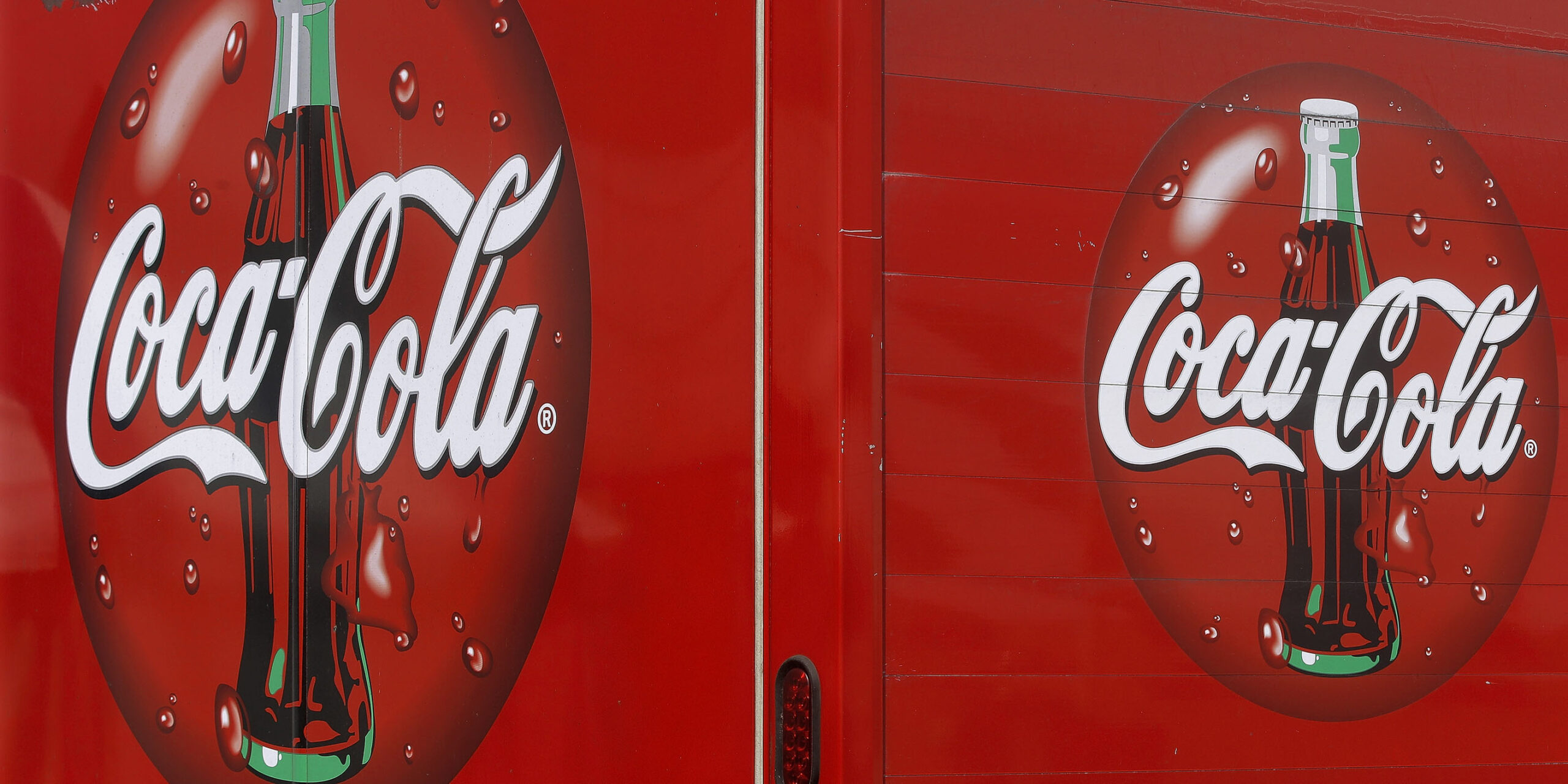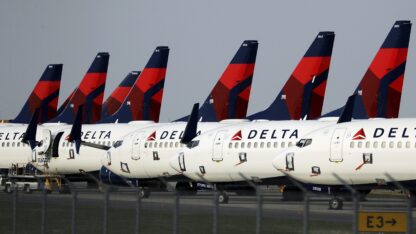A new study has found Atlanta-based Coca-Cola and its main rival, PepsiCo, gave money to nearly 100 national health organizations between 2011 and 2015.
Emory University, the American Cancer Society and the Centers for Disease Control and Prevention are among a half-dozen Atlanta-based groups receiving funding from Coca-Cola and PepsiCo.
Boston University’s Dr. Michael Siegel, one of the study’s authors, said he believes Coca-Cola and Pepsi’s donations help them improve their image.
“Allowing it to say that it cares about health, when really it’s fighting public health measures,” Siegel said. “Undermining the public’s appreciation of the role its products are playing in the obesity epidemic.”
Sponsorship and Lobbying
Siegel said the study published in the American Journal of Preventative Medicine is the first of its kind linking sponsorship with lobbying efforts.
“There had been anecdotal reports of soda companies sponsoring medical and health organizations, but we weren’t aware of any prior systematic attempt to identify the extent and nature of these sponsorships,” Siegel said.
The study found that between 2011 and 2014, Coca-Cola, PepsiCo and the American Beverage Association spent $44.6 million lobbying against 29 bills that would reduce soda consumption.
Siegel suggested that without national sponsorships, public health groups might have otherwise been more vocal in supporting greater regulations and labeling of products.
Obesity Link
The American Beverage Association represents companies that sell non-alcoholic beverages, including Coca-Cola and PepsiCo.
William Dermody, Vice President of Policy with the American Beverage Association, said his group opposes “discriminatory and regressive taxes and policies” and has a need and right to partner with public health organizations. Dermody said soft drinks are not causing obesity.
“Obesity has been going up steadily for years, while soda consumption has been going down steadily for years,” Dermody said. “So shouldn’t obesity rates have gone down if the two are connected?”
Dermody said beverage companies are voluntarily working to reduce calories and sugar and is engaging with public health groups on doing so.
Response To Criticism
In a letter responding to criticism for accepting money from Coca-Cola, Centers for Disease Control and Prevention President Judith Monroe said there’s a need to work with the private sector to address health challenges.
“The CDC Foundation has an approach and policy for working with corporations and in fact has selected not to work with some in the past,” Monroe wrote in March 2016.
Other Atlanta-area organizations listed as accepting funds from Coca-Cola or Pepsi include the Boys & Girls Club of America and University of Georgia’s Department of Food & Nutrition.
In a statement, Emory University responded:
“Emory University conducts life-saving research in a variety of fields, including basic science, public health, nursing, mental health and other areas. Funding for this research comes primarily from federal government sources such as the National Institutes of Health as well as private foundation and philanthropic sources to help ensure Emory’s continuing contributions to the betterment of society through research and scholarship.”
The Boys & Girls Club of America wrote in their statement:
The Coca-Cola Company has provided support for Boys & Girls Clubs of America (BCGA) for 70 years, dating back to when Robert W. Woodruff was the company’s president and served on BGCA’s board. Over the years, the company and its bottlers have donated millions of dollars to support Club programs, and build and enhance Club facilities, while Coca-Cola employees have committed millions of hours as Club volunteers and board members.
In 2005, The Coca-Cola Company and Kraft were founding partners of the Triple Play program, BGCA’s first comprehensive, nationwide health and wellness initiative. Its primary goal: to teach youth to make better, healthier lifestyle choices every day. A team comprising BGCA national staff and experts in the fields of physical education, nutrition, program development and evaluation collaborated on the development of the program. The U.S. Department of Health and Human Services (HHS) endorsed Triple Play as a program that conforms with its Steps to a Healthier US initiative. To date, the program has made more than 10 million connections with kids, and has generated research results indicating significant impact on young people’s knowledge, attitudes and practices regarding fitness and nutrition.
The American Cancer Society said in their response:
In May 2010, the American Cancer Society launched Choose You, a cause marketing campaign intended to inspire women to put their health first and make healthy lifestyle choices to stay well and help prevent cancer, while also increasing the Society’s programs’ awareness with key target audiences. Coca-Cola’s Sprite Zero and Powerade Zero, as well as Quest Diagnostics and Walgreens, were sponsors of Choose You. Both Coca-Cola products are no-calorie and sugar-free. The Society received approximately $2 million in sponsorship for Choose You from Coca-Cola between 2010-2012. The Choose You cause marketing campaign ended in March 2013. Since 2013, the Society has received approximately $100,000 from Coca-Cola. Most of this support is composed of donations for Relay For Life, Making Strides Against Breast Cancer, galas and other community-based special events.
Like us on Facebook

9(MDAxODM0MDY4MDEyMTY4NDA3MzI3YjkzMw004))








